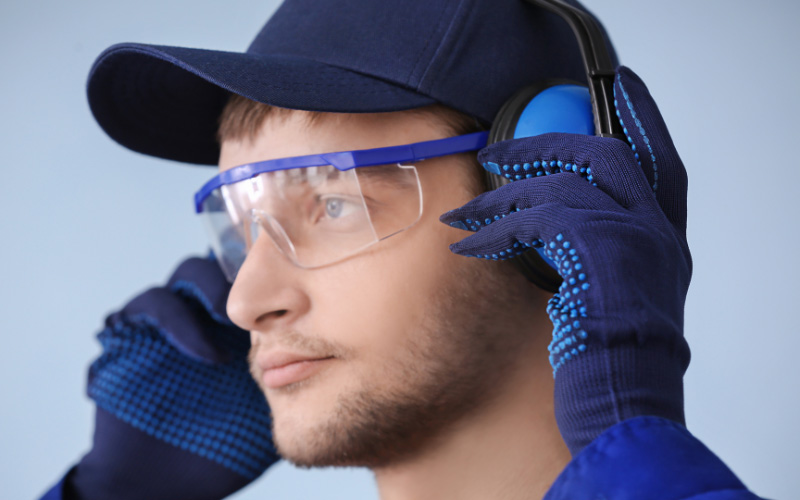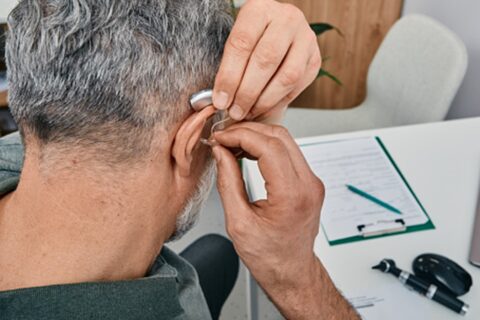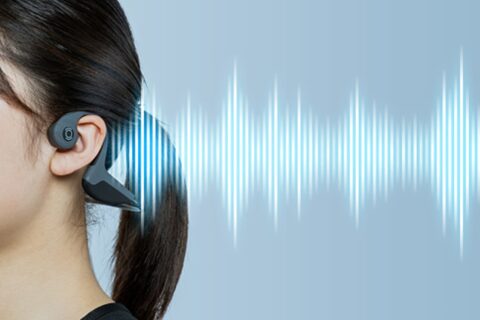Protecting Your Hearing in a Loud Work Environment
Protect Your Hearing by Florida Gulf Coast Hearing Center

Protecting your hearing in a loud work environment is crucial to ensure long-term hearing health. Continuous exposure to high decibel levels can lead to permanent hearing damage or even hearing loss. Prolonged exposure to sounds above 85 dB (the sound level of a food blender) can be harmful to hearing. The higher the decibel level, the shorter the duration of exposure required to cause damage. For instance, sounds above 100 dB, such as a jackhammer or a jet engine, can cause immediate harm even with brief exposure.
Several careers are known for their potentially dangerous noise levels, which can pose a risk to hearing health. Some examples of occupations that are often associated with high levels of noise include:
- Construction Workers: Construction sites often involve the use of heavy machinery, power tools, and equipment like jackhammers, which generate loud noise levels that can cause hearing damage.
- Airport Ground Crew: Workers on airport tarmacs, such as baggage handlers, ramp agents, and aircraft mechanics, are exposed to significant noise from aircraft engines during takeoff, landing, and ground operations.
- Manufacturing and Factory Workers: Employees in manufacturing and factory settings often operate or work near loud machinery and equipment, such as assembly lines, presses, grinders, or pneumatic tools.
- Musicians and Entertainment Industry Professionals: Musicians, sound technicians, and concert personnel are exposed to amplified sound levels during rehearsals, performances, and soundchecks. This prolonged exposure to loud music can potentially lead to hearing damage.
- Military Personnel: Military personnel, including those in combat roles, may encounter high-intensity noise from firearms, explosions, and military vehicles, which can have significant impacts on hearing health.
- Mining Workers: Miners are often exposed to loud noise from drilling, blasting, heavy machinery, and the general mining environment, putting them at risk for noise-induced hearing loss.
- Nightclub and Bar Staff: Employees in loud entertainment venues like nightclubs and bars, including DJs, bartenders, and security personnel, are exposed to continuous loud music and crowd noise, potentially leading to hearing damage over time.
- Motorsports Professionals: Individuals involved in motorsports, such as race car drivers, pit crew members, and track officials, experience high noise levels from engines and race cars, which can be damaging to their hearing.
- Firefighters: Firefighters encounter various sources of noise during emergency response situations, including sirens, alarms, and heavy equipment, which can contribute to hearing damage.
It is important to note that these examples represent some of the careers that are commonly associated with high noise exposure. However, noise levels can vary within specific job roles and workplace environments. These professions require extra precautions to protect hearing due to the consistent exposure to loud noises.
The dangers of excessive noise exposure are significant. Prolonged exposure to loud noise can lead to noise-induced hearing loss (NIHL), a permanent condition that cannot be reversed. NIHL typically occurs gradually over time and is often accompanied by tinnitus (ringing or buzzing in the ears). Hearing loss can impact quality of life, communication abilities, and overall well-being.
In addition to hearing loss, exposure to loud noise can cause other adverse effects on health. It can lead to increased stress levels, fatigue, concentration difficulties, and sleep disturbances. Furthermore, excessive noise exposure can interfere with communication, potentially compromising safety in work environments where clear and accurate instructions are crucial.
To protect your hearing in a loud work environment, consider the following measures:
- Use hearing protection devices (HPDs): Utilize appropriate hearing protection such as earplugs or earmuffs. These devices effectively reduce the intensity of sounds reaching your ears, minimizing the risk of hearing damage.
- Maintain distance: Whenever possible, keep a safe distance from loud noise sources. Increasing the distance between yourself and the source of the noise can significantly decrease the sound intensity.
- Implement engineering controls: Employ engineering solutions to reduce noise levels in the workplace. This may involve soundproofing materials, acoustic barriers, or the installation of noise-dampening equipment.
- Take regular breaks: Give your ears periodic rest from exposure to high noise levels. Taking short breaks in quieter areas can help minimize the cumulative impact on your hearing.
- Follow safety protocols: Adhere to workplace safety protocols and guidelines related to noise exposure. These may include rotating employees to different tasks to limit exposure, using sound-insulated booths for noisy equipment, or implementing a hearing conservation program.
In the United States, the Occupational Safety and Health Administration (OSHA) sets standards for permissible noise exposure levels in the workplace. Employers are required to assess noise levels, provide hearing protection devices, offer training on hearing conservation, and implement control measures to reduce noise exposure.
Being aware of the decibel levels that are considered dangerous, recognizing examples of loud jobs, and taking appropriate measures to safeguard your hearing are essential. Using hearing protection devices, maintaining distance from noise sources, implementing engineering controls, taking regular breaks, and following workplace safety protocols are effective strategies to mitigate the risks associated with excessive noise exposure.
If you work in a loud environment, it is important to particularly important to get annual hearing evaluations. Hearing loss is often gradual, developing so slowly that a person may not easily recognize their declining ability to hear until it becomes a significant problem. By committing to annual hearing evaluations that can detect even minor changes, you can identify issues earlier so your hearing doesn’t have to suffer. Call one of our offices today to make your appointment!


